Search
Remove Ads
Advertisement
Summary 
Loading AI-generated summary based on World History Encyclopedia articles ...
Search Results
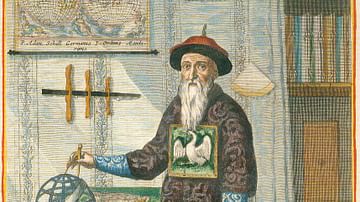
Article
Jesuit Influence on Post-medieval Chinese Astronomy
Ancient China had seen little Western contact before the 16th century CE, the language, culture and science all being allowed to develop independently of foreign influence. By the time European Jesuit missionaries arrived in the 16th century...
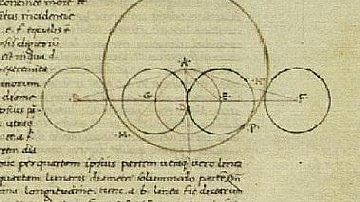
Definition
Greek Astronomy
Ancient Greek astronomy was the study of the universe to understand how it functioned and why apart from the established theistic model that claimed all things were ordered and maintained by the gods. Ancient Greek astronomers relied on observation...

Article
Astronomy in the Scientific Revolution
The astronomers of the Scientific Revolution rejected long-held theories of ancient thinkers like Claudius Ptolemy and Aristotle and instead set out to systematically observe the heavens in order to create a model of the universe that fit...
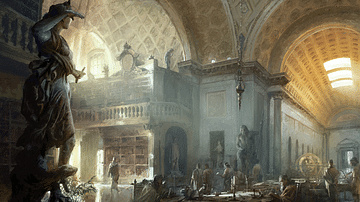
Definition
Library of Alexandria
The Library of Alexandria was established under the Ptolemaic Dynasty of Egypt (323-30 BCE) and flourished under the patronage of the early kings to become the most famous library of the ancient world, attracting scholars from around the...
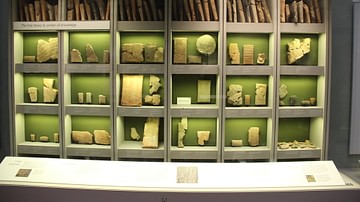
Definition
Library of Ashurbanipal
The Library of Ashurbanipal (7th century BCE) is the oldest known systematically organized library in the world, established in Nineveh by the Neo-Assyrian king Ashurbanipal (r. 668-627 BCE) to preserve the history and culture of Mesopotamia...

Article
What happened to the Great Library at Alexandria?
Once the largest library in the ancient world, and containing works by the greatest thinkers and writers of antiquity, including Homer, Plato, Socrates and many more, the Library of Alexandria, northern Egypt, is popularly believed to have...

Definition
Library of Pergamon
The Library of Pergamon was established in the city of Pergamon (also Pergamum) by the Attalid King Eumenes II (r. 197-159 BCE) and became the most famous and well-respected center of learning after the Library at Alexandria, Egypt. The library...
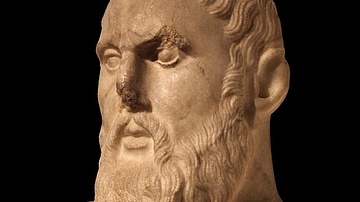
Article
The Life and Thought of Zeno of Citium in Diogenes Laertius
Zeno of Citium (c. 336 – 265 BCE) was the founder of the Stoic School of philosophy in Athens, which taught that the Logos (Universal Reason) was the greatest good in life and living in accordance with reason was the meaning of life. He was...
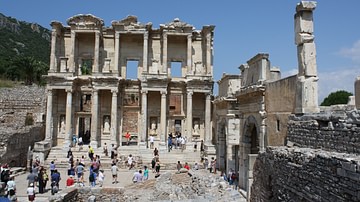
Definition
Library of Celsus
The Library of Celsus in ancient Ephesus, located in western Turkey, was a repository of over 12,000 scrolls and one of the most impressive buildings in the Roman Empire. Constructed in the 2nd century CE, it was named after the city's former...
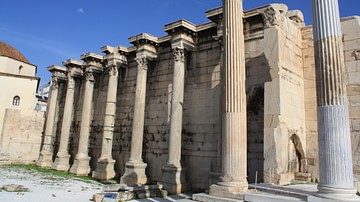
Article
The Library of Hadrian, Athens
The Library of Hadrian (aka Hadrian's Library) in Athens was constructed circa 132-134 CE as part of Roman Emperor Hadrian's grand re-building plan for the city. The library was the largest in Athens and with its columned façade and high...